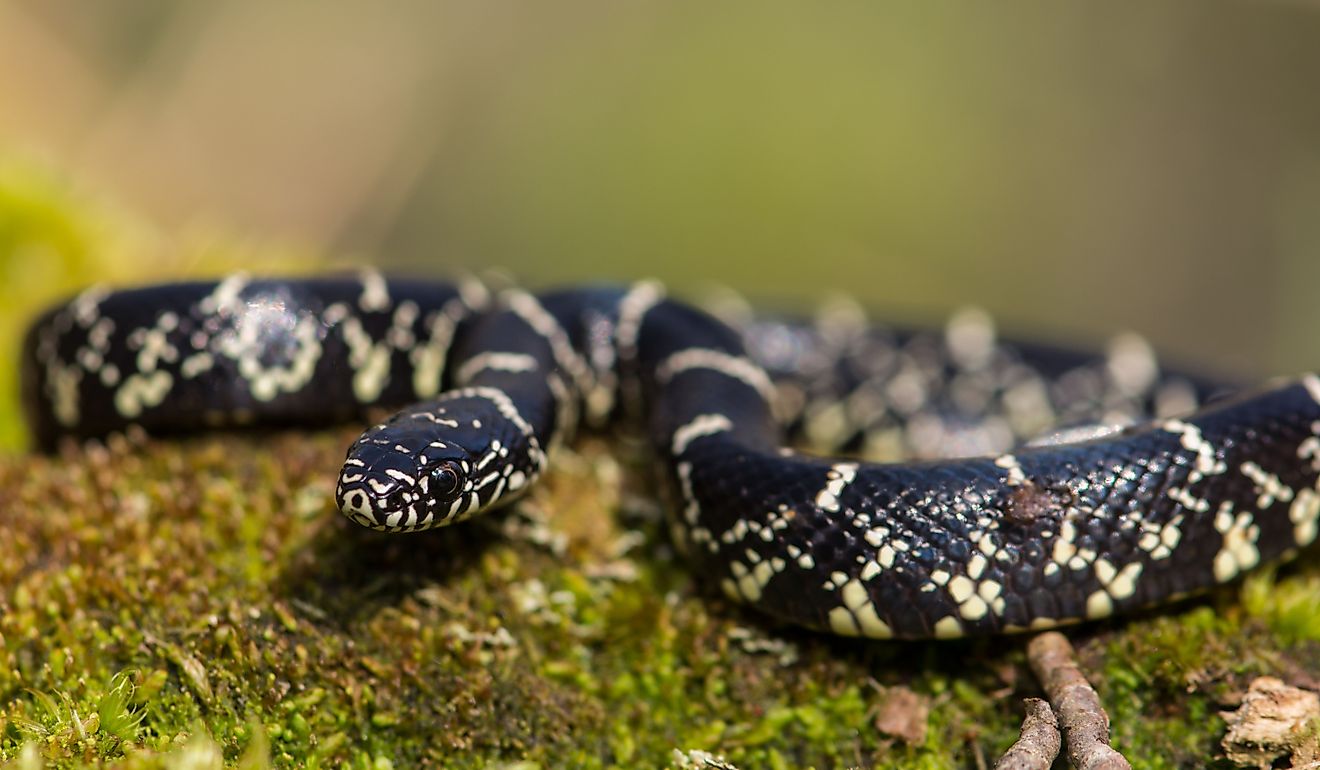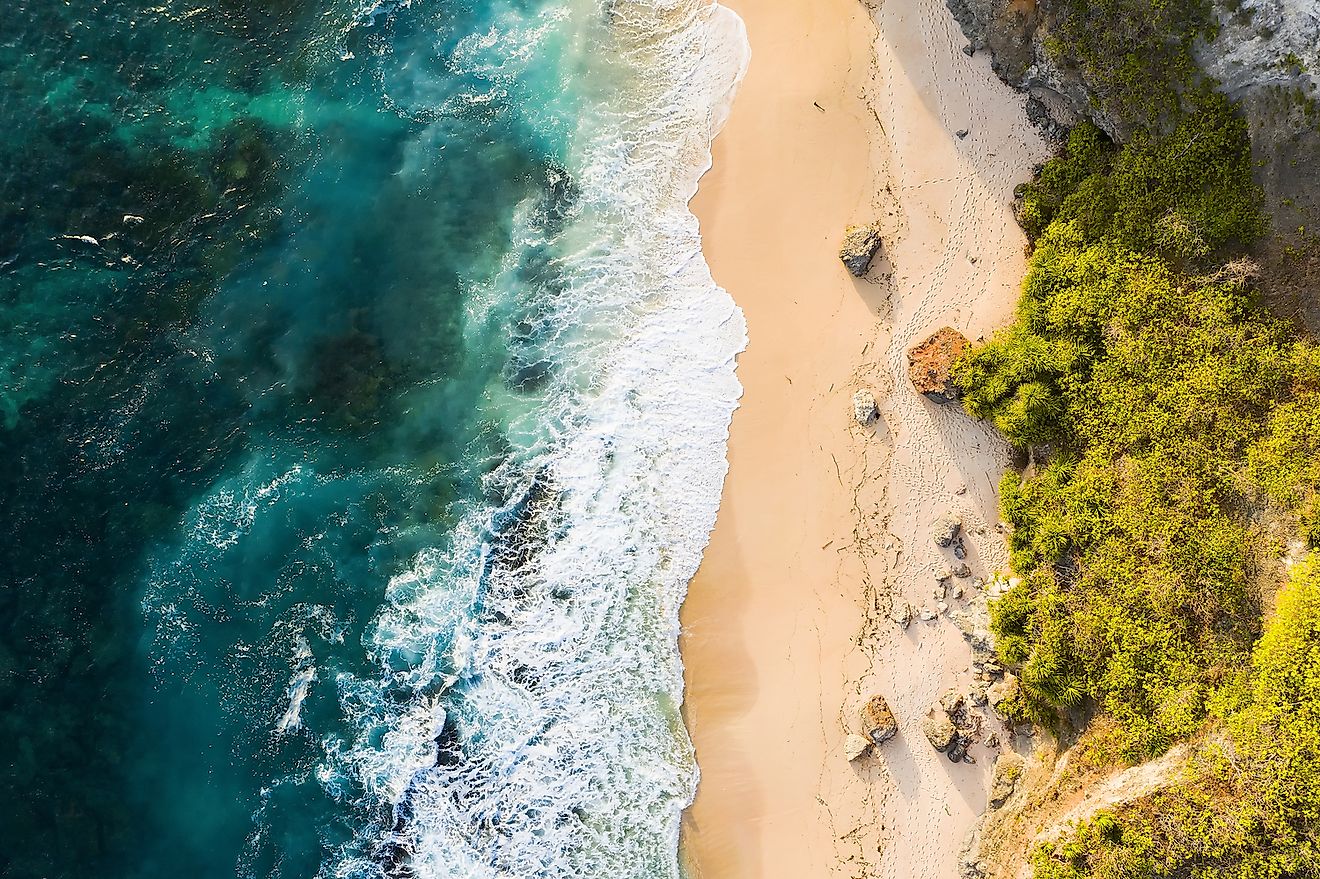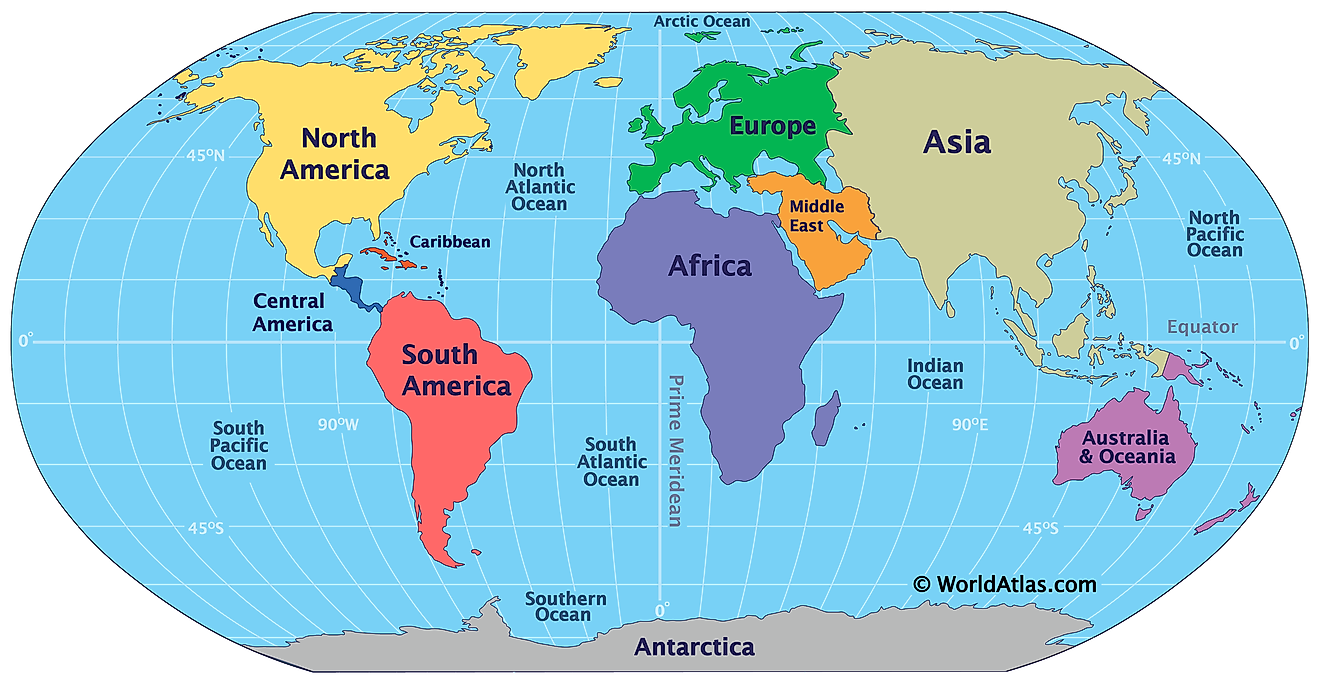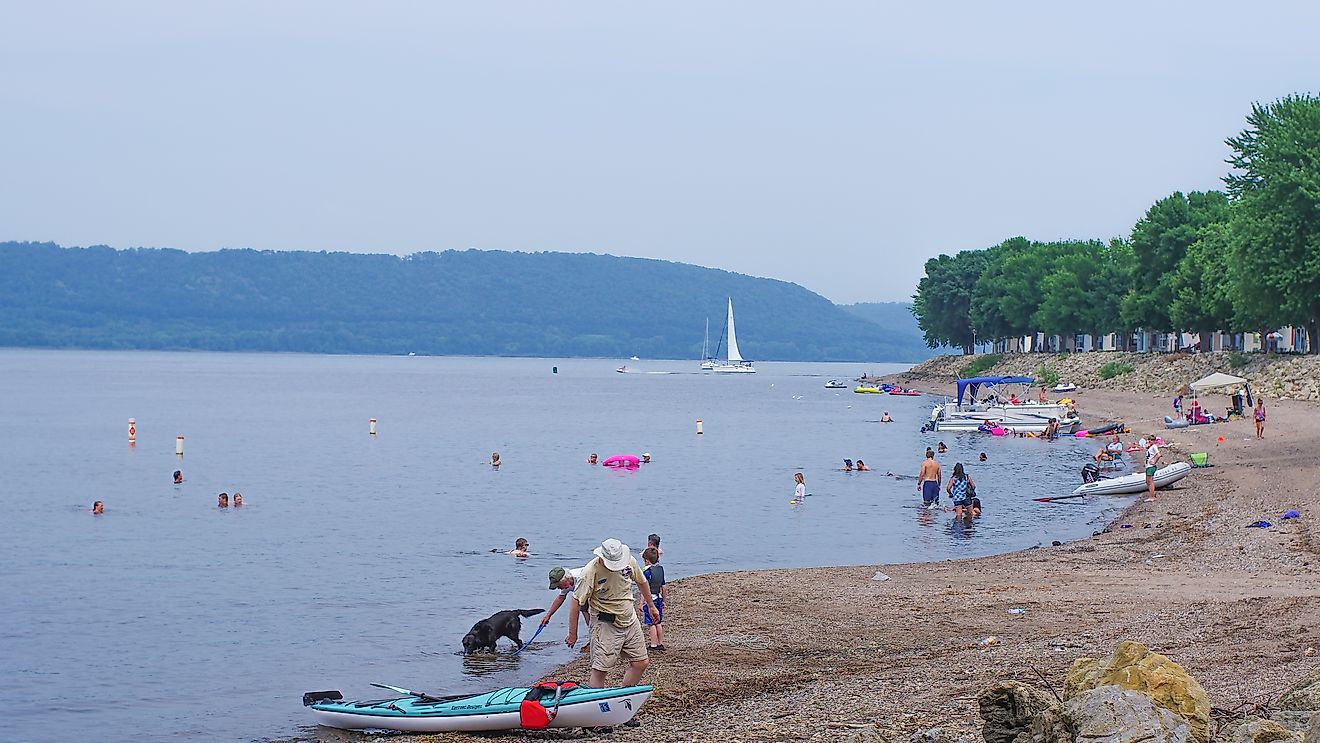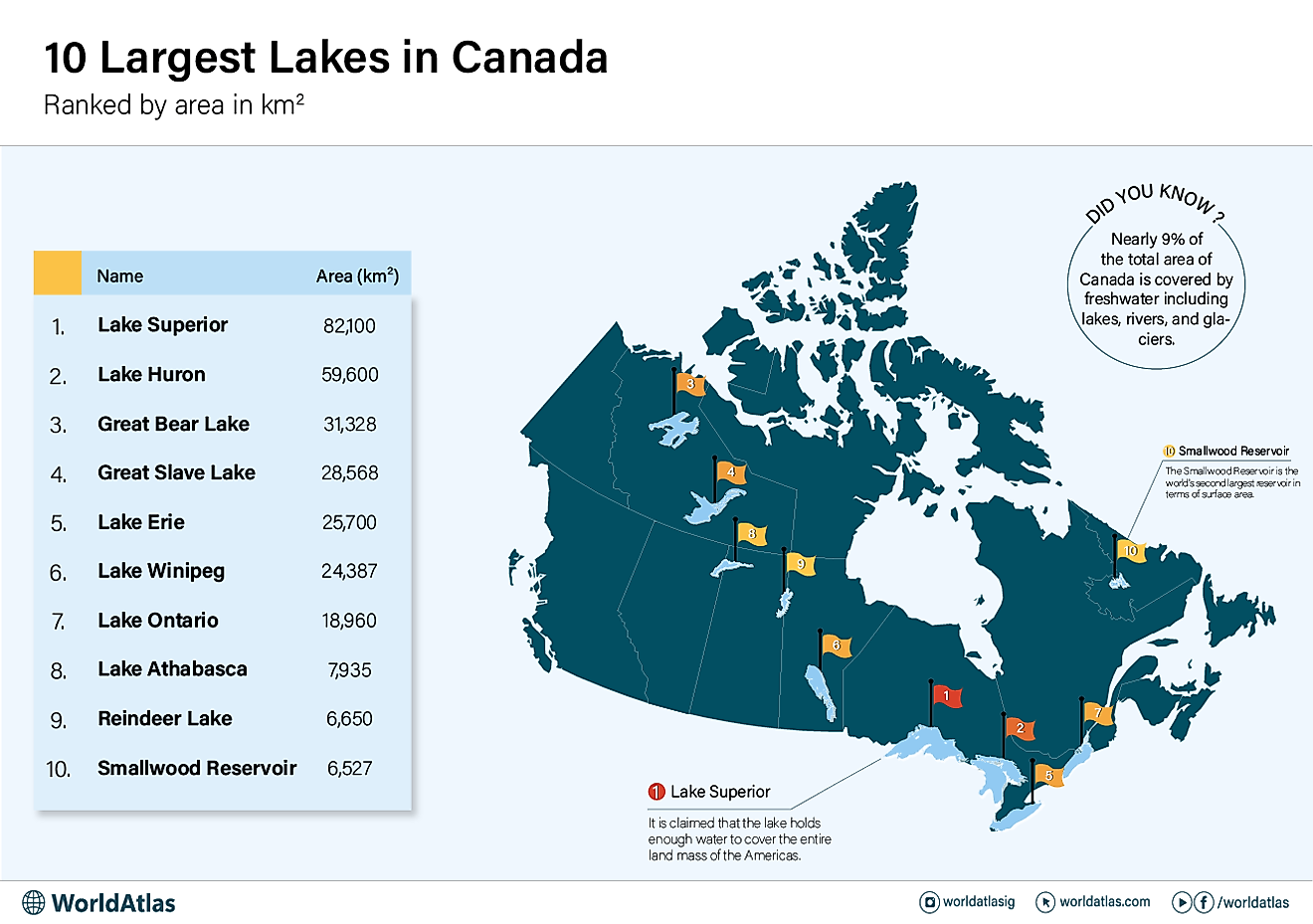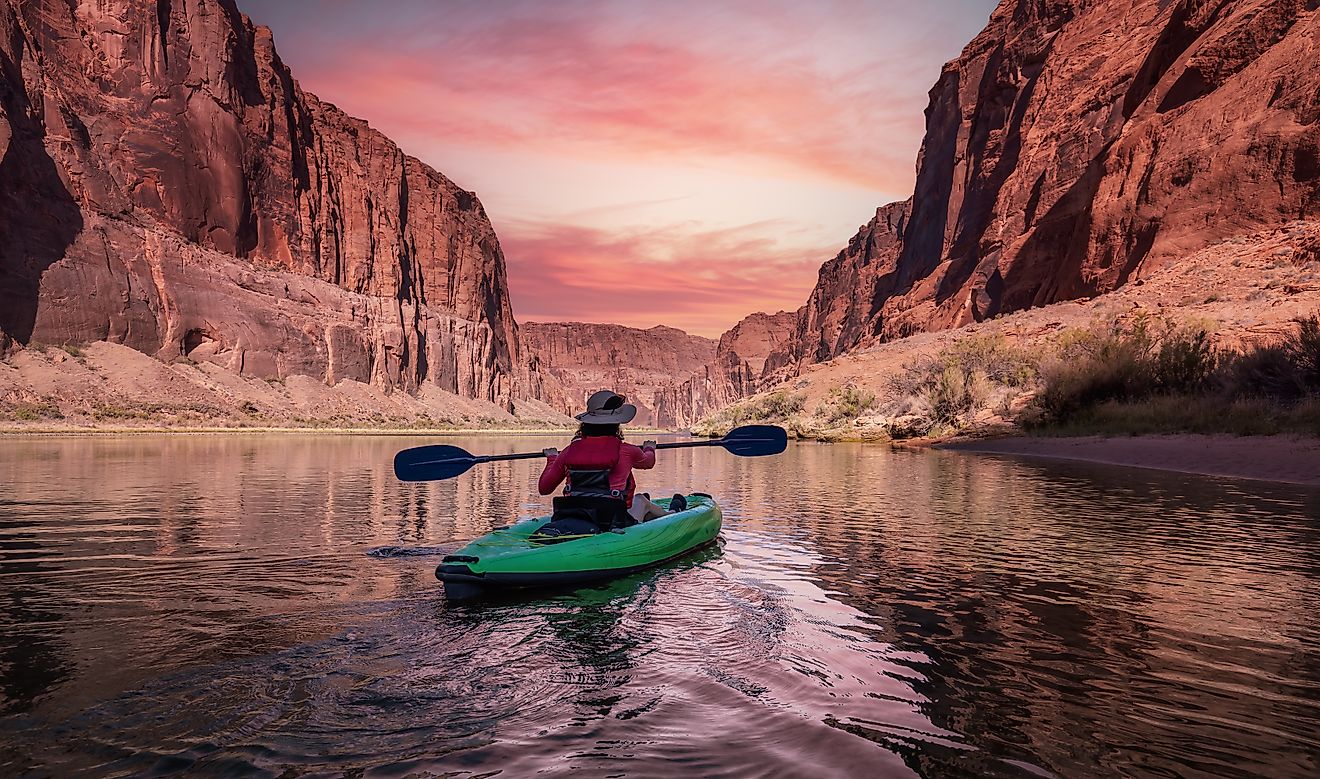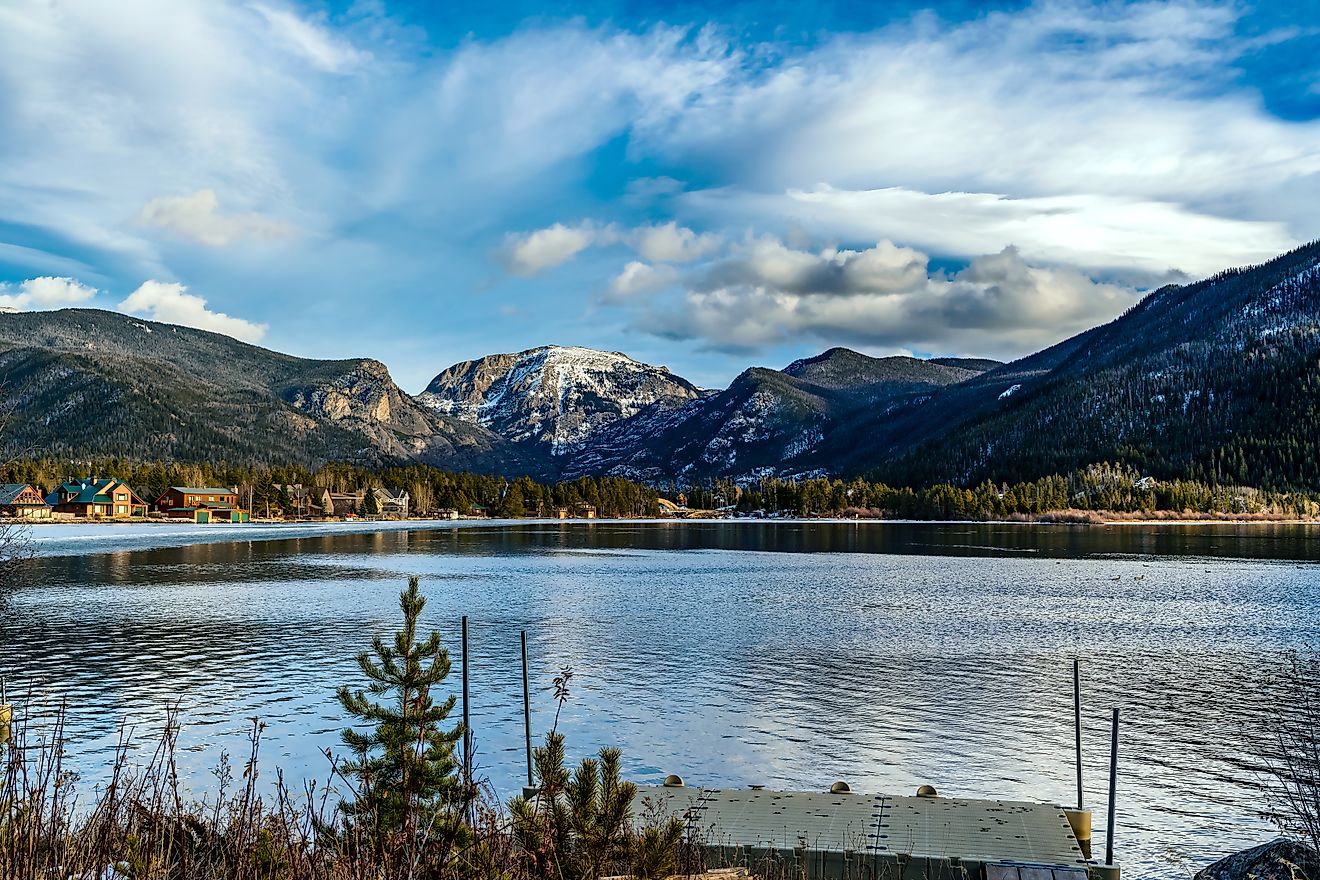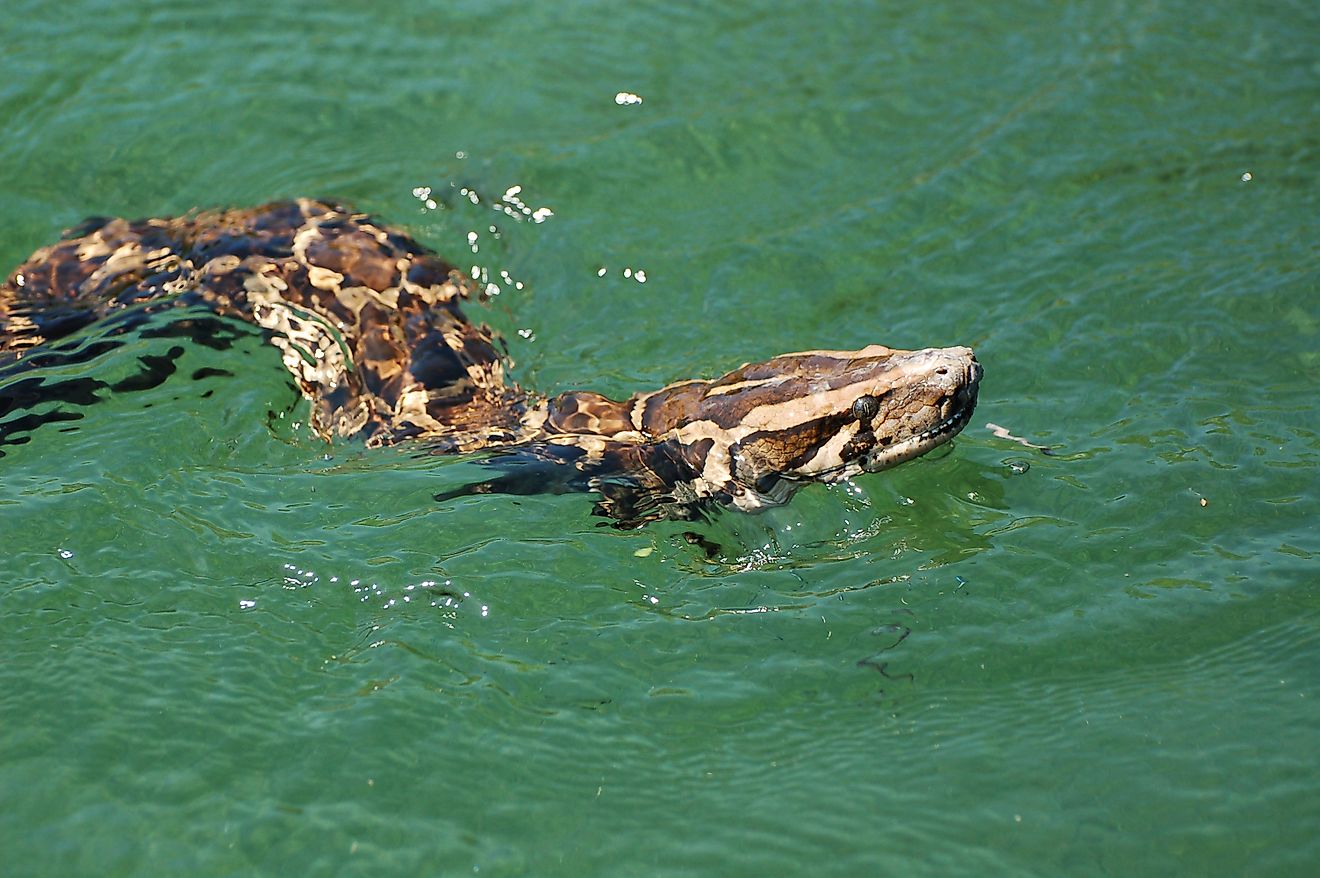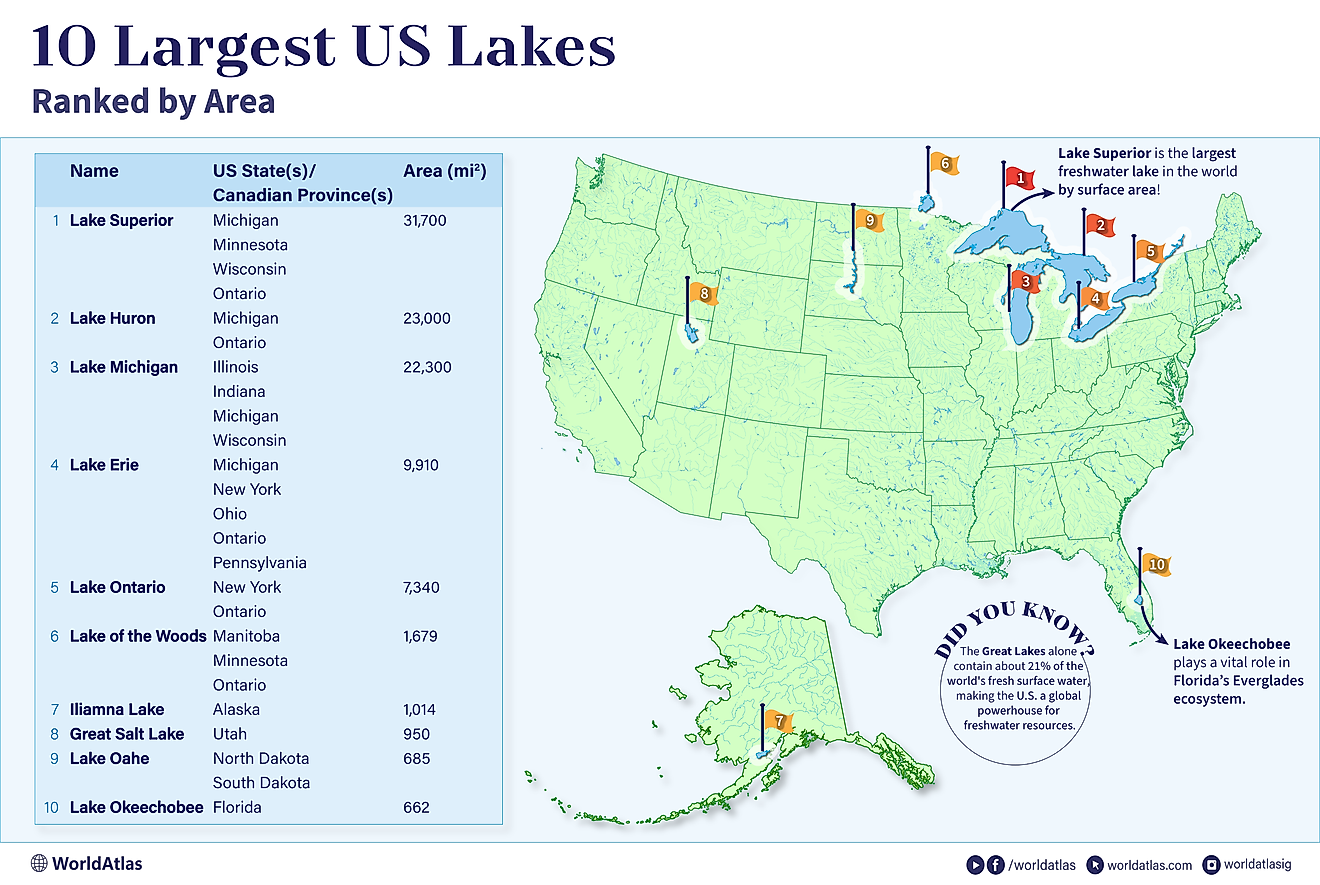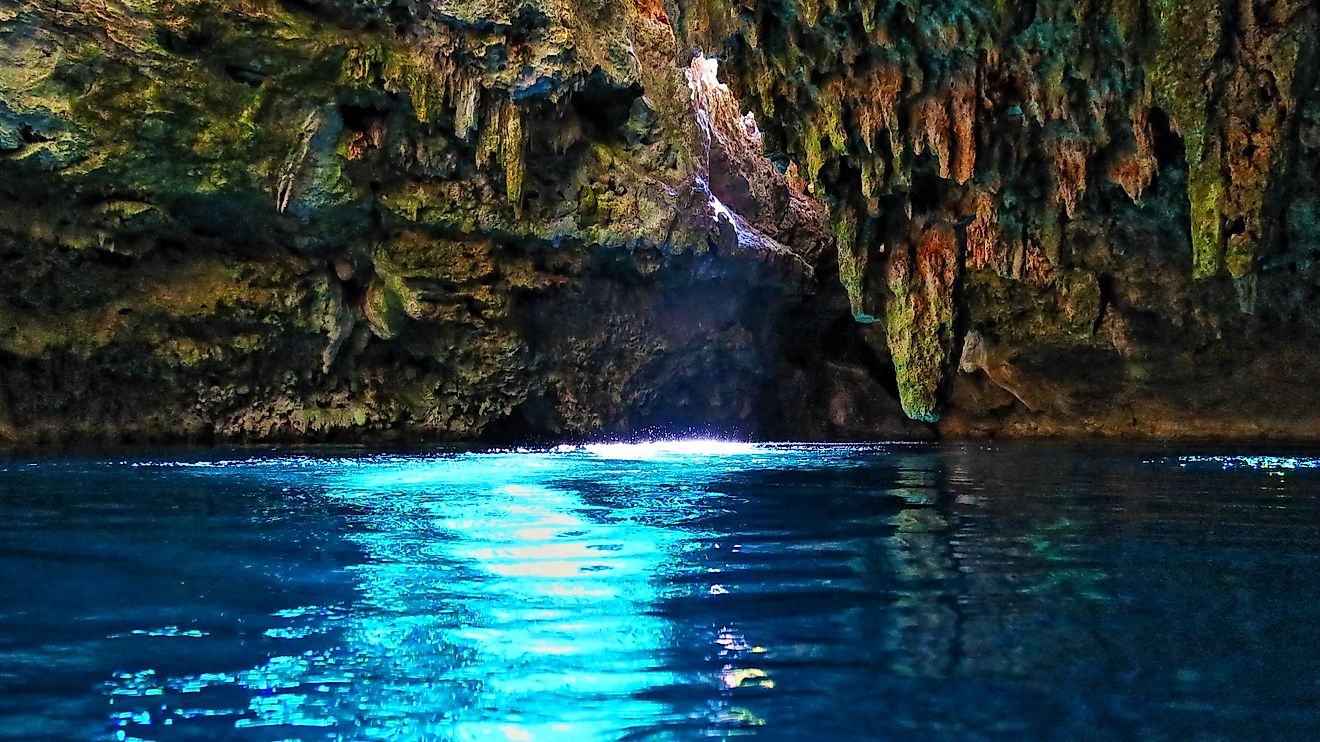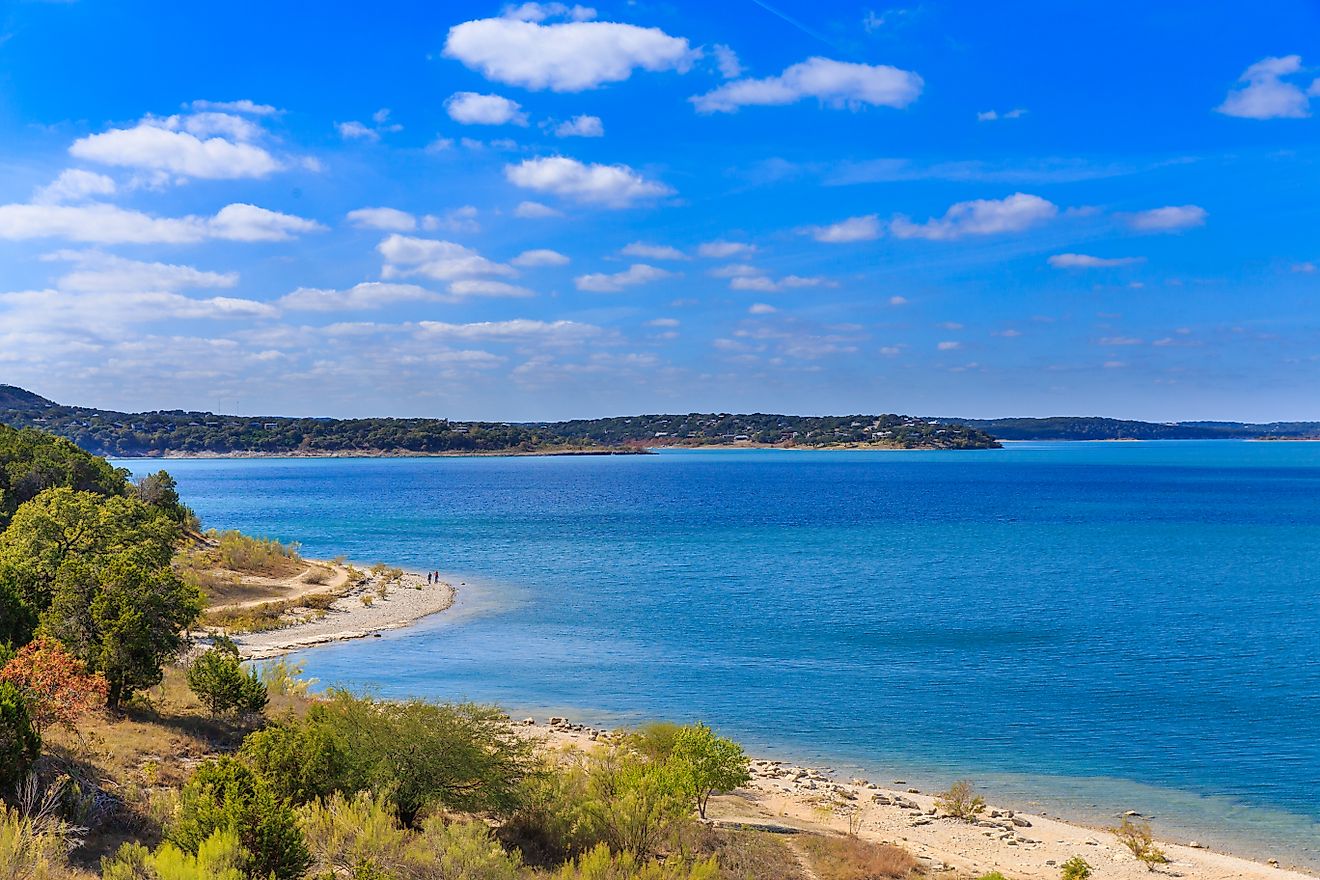
7 Most Beautiful Rivers in Minnesota
Thinking of water recreation in Minnesota? The state has a lot of water gems to offer. The" Land of 10,000 Lakes" is its unofficial nickname, but it is also home to some of the most beautiful rivers in the US. From the mighty Mississippi to the meandering Ruth River, Minnesota's rivers offer stunning views, recreational and fishing opportunities, and a chance to connect with nature. In this article, we will tell you about seven of the most beautiful rivers in Minnesota.
Mississippi River

The Mississippi River in Minnesota is a significant waterway that extends over 600 miles from its source in Lake Itasca to the state's border with Iowa. It then flows further south, covering a total distance of 2,340 miles to finally drain into the Gulf Of Mexico after forming the Mississippi Delta. It is the second-longest river in North America and the longest in the country.
The river is a crucial conduit for the transit of both goods and people, and it is also home to many aquatic organisms. Several Native American tribes lived in the river valley centuries before European settlers arrived, giving it a long and varied history. With numerous picturesque overlooks and state parks providing breathtaking views of the water and adjacent woodlands, tourists can now explore the river and surrounding scenery by hiking, riding, or boating. The Mississippi River is definitely Minnesota's most beloved natural and cultural monument is the Mississippi River.
Saint Croix River

The St. Croix River is another lovely body of water. It originates in Lake Superior and flows through the states of Minnesota and Wisconsin for about 169 miles before draining into the Mississippi River in the southeast. Due to its picturesque splendor, clean waters, and deep trees that line its banks, it is a popular location for outdoor activities, including fishing, boating, and camping. The St. Croix River is notable for its historical and cultural significance in addition to its natural beauty. Along its banks, you could come across a lot of Native American mounds and other archaeological sites. It was designated a National Wild and Scenic River in 1968 and remains a prized natural treasure for Wisconsin and Minnesota.
Kettle River

Kettle River is one more beautiful river that flows through eastern Minnesota for roughly 83.6 miles. It is a tributary of the St. Croix River. Its name comes from the many kettle-shaped holes in the sandstone along its banks resulting from the action of the river's swirling waters over millions of years. The waters of this river have an amber tint coming from the tannins of plant matter washed off from the wetlands draining into the river.
If you have a chance to visit Kettle River, it will impress you with its deep and clear water, rugged cliffs, and amazing waterfalls. It is a well-known location for outdoor adventures like kayaking, canoeing, fishing, and camping. The portion of the river passing through Banning State Park has a series of rapids that are relatively easy to traverse in an open canoe when water levels are low but can be quite dangerous for even experienced whitewater kayakers when flowing high.
Also, the river is significant historically since it served as a major energy source for the early settlers who established sawmills and gristmills along its banks. The Kettle River region is home to several animals, such as bald eagles, wolves, beavers, and otters, and it draws tourists from all over the world because of its stunning natural surroundings.
Minnesota River

The Minnesota River is a tributary of the Mississippi River that flows through southwestern Minnesota. The river flows for 332 miles, rising in the Big Stone Lake located on the Minnesota-South Dakota border and draining into the Mississippi at Mendota. It is the fourth-largest river in Minnesota and has made a significant contribution to the state's history by acting as a vital trading and transportation route for both European settlers and Native American tribes. The river is home to different fish species, including catfish, walleye, and northern pike, as well as a number of bird species, like white-tailed eagles and great blue herons. The Minnesota River is a significant natural resource and an integral component of the state's ecosystem despite the challenges posed by agricultural runoff and other contaminants.
Rum River

The Rum River is a beautiful 151-mile river that flows through central Minnesota. The river flows from the Mille Lacs Lake and drains into the Mississippi at Anoka.
The river has a long history that dates back to the Indian era. In the past, traders and explorers used it and it is now a popular destination for outdoor activities such as fishing, canoeing, kayaking, and camping. The river provides many local populations with water and is a crucial habitat for numerous wildlife species. Walleye, northern pike, and smallmouth bass are among the many fish species that you may find in the Rum River. All things considered, it is a genuine Minnesota treasure and a must-see for visitors seeking a tranquil outdoor retreat. It is also one of the state's six protected Wild and Scenic rivers.
Saint Louis River

The 192-mile-long St. Louis River is a river in the northeastern region of Minnesota. It is one of the largest U.S. tributaries to Lake Superior. The river passes through a number of cities and villages before draining into the lake. It begins in the northern region of the state, close to the Hoyt Lakes. You can meet a lot of animals here, including bald eagles, otters, and a variety of fish. The river has become a well-liked destination for outdoor enthusiasts and nature lovers in recent years due to increased efforts to improve water quality and habitat. Fishing is a popular activity here, and the river is fished for walleye, bluegill, channel catfish, northern pike, and others.
Brule River

The Brule River is a picturesque river in Minnesota's northeastern region. It is one of the North Shore's cleanest major watersheds. The river starts in the Boundary Waters Canoe Area and cascades towards Lake Superior, flowing for 52.3 miles. Its crystal-clear waters, rocky rapids, and beautiful waterfalls will not leave you indifferent. Outdoor enthusiasts frequently travel to the Brule River because it provides kayaking, canoeing, hiking, and fishing opportunities. Together with a variety of other animals, the river and its surroundings are also home to moose, black bears, and white-tailed eagles. The majority of the river's watershed is covered by the Brule River State Forest, which offers extra recreational options for tourists.
Minnesota's rivers are a hidden gem in the Land of 10,000 Lakes. Each river offers a unique experience, from the crystal-clear waters of the St. Croix River to the rich wildlife of the Minnesota River. In addition to kayaking and fishing, visitors may unwind on the sandy beaches and explore the parks and trails beside the water. With its stunning scenery and rich history, Minnesota's rivers are a must-see destination for any nature lover or adventurer. So pack your bags and get ready to explore the beauty and diversity of Minnesota's rivers.
